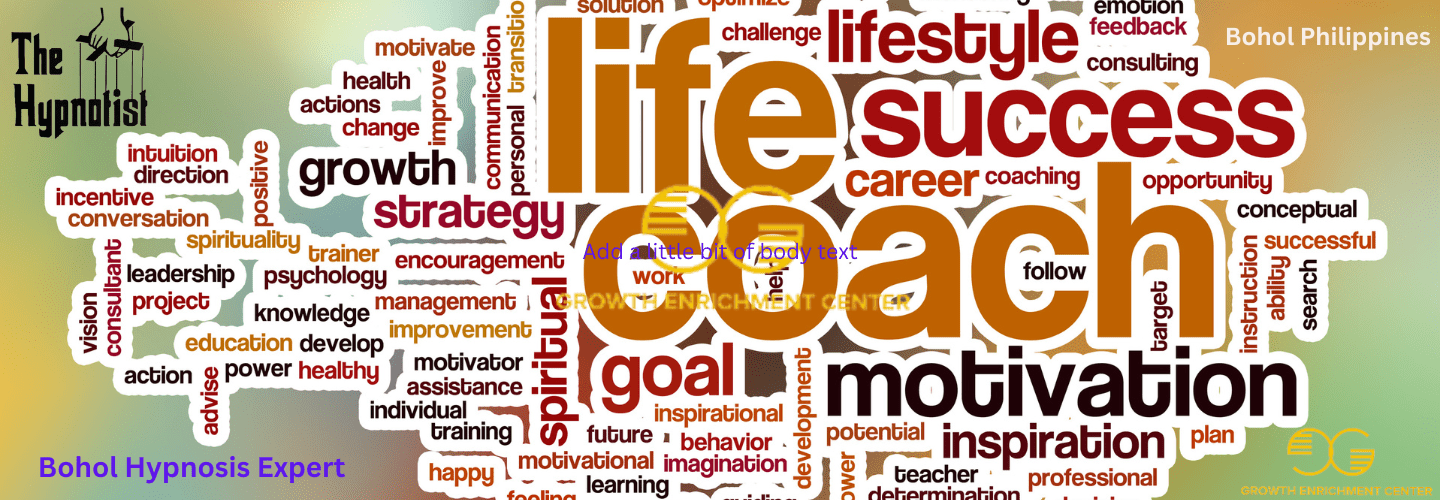
Revealing the secrets of your mind through hypnosis taps deeply into your subconscious, enhancing mental clarity and stabilizing emotions. By doing so, you effectively manage stress and chronic pain while fostering healthier behaviors. Studies show that self-hypnosis not only reduces anxiety but also strengthens resilience against stress, essential for both mental and physical wellness. Harnessing visualization techniques greatly boosts your emotional connection, preparing you mentally for varied outcomes. Exploring further could transform your understanding and control over your subconscious powers.
Key Takeaways
- Explore the subconscious through techniques like hypnosis to discover deep-seated patterns influencing behavior and emotions.
- Utilize self-hypnosis to access and modify subconscious triggers, improving mental health and resilience.
- Engage in visualization practices to enhance emotional connections and prepare for various life scenarios.
- Learn to manage stress and emotional responses effectively, promoting physical wellness and reducing chronic health issues.
- Regularly practice emotional balance techniques to boost immune system function and overall life satisfaction.
Exploring the Profound Benefits of Hypnosis
Why consider hypnosis as a tool for personal wellness?
Hypnosis facilitates profound hypnotic relaxation, enabling you to explore the subconscious effectively. It's not about surrendering control but engaging your mind at a deeper, therapeutic level.
Clinical studies indicate that through such relaxation, individuals can enhance their mental clarity and emotional stability, addressing issues like stress and chronic pain.
By accessing the subconscious, you're able to work through underlying psychological patterns, promoting healthier behaviors and thought processes.
This method isn't just about temporary relief; it's about initiating lasting change, fostering resilience and a more adaptive outlook on life.
Harnessing the Power of the Subconscious Mind
Having established hypnosis as a profound tool for personal wellness, we can now explore the broader capabilities of your subconscious mind.
Your subconscious harbors patterns and triggers that subtly influence your daily life. By understanding these subconscious patterns, you can manipulate them to foster emotional resilience and achieve your desired outcomes.
Studies have shown that recognizing and adjusting subconscious triggers can lead to significant improvements in emotional and behavioral responses.
This process involves rigorous analysis and often requires professional guidance to effectively redirect these patterns towards more constructive ends, enhancing both mental health and overall life satisfaction.
The Essential Role of Self-Hypnosis in Mental Health

Most individuals underestimate the transformative power of self-hypnosis in managing mental health. This technique empowers you to access and influence your subconscious, fostering significant mental health benefits.
Research demonstrates that self-hypnosis techniques can effectively reduce anxiety, enhance mood, and promote resilience against stress. By practicing these methods, you directly improve cognitive functions and emotional stability, leading to a healthier psychological state.
Clinically, self-hypnosis has been utilized to manage chronic pain and depression, showcasing its versatility and impact. Embracing self-hypnosis can revolutionize your approach to mental wellness, making it an essential tool in your mental health toolkit.
Mastering Techniques for Visualization and Emotional Connection
As you explore mastering techniques for visualization and emotional connection, it is crucial to recognize the empirical evidence supporting these practices. Visualization exercises greatly enhance your emotional engagement, deepening the mental impact and effectiveness in personal development.
| Technique | Benefit | Application |
|---|---|---|
| Sensory Engagement | Enhances realism | Use detailed imagery |
| Emotional Integration | Deepens connection | Incorporate feelings |
| Regular Practice | Improves skills | Daily visualization |
| Scenario Rehearsal | Prepares mind | Visualize outcomes |
Strategies for Enhancing Cognitive Abilities and Mental Clarity

Building on your understanding of visualization and emotional connection, you can now enhance your cognitive abilities and mental clarity through specific, evidence-based strategies.
Research supports structured cognitive training, showing significant improvements in processing speed and problem-solving skills. Here are key tactics:
- Engage in daily cognitive exercises to boost brain function.
- Implement memory enhancement techniques, such as mnemonics and spaced repetition.
- Practice mindfulness meditation to improve focus and mental clarity.
- Regular physical exercise, which increases blood flow to the brain, enhancing cognitive performance.
These strategies, grounded in clinical research, offer you tools to sharpen your mind and optimize mental health.
The Impact of Emotional Balance on Physical Wellness
While emotional balance might seem primarily psychological, it directly influences your physical health.
Studies reveal that emotional resilience contributes to better immune system function and lower incidences of chronic diseases such as hypertension and diabetes.
The body connection here is crucial; stress hormones like cortisol can undermine organ systems when you're emotionally unbalanced.
By managing your emotions effectively, you're not only safeguarding your mental health but also preventing physical ailments.
Techniques that foster emotional stability enhance your body's resilience against illness, proving that maintaining emotional equilibrium is important for your overall wellness.
Addressing Phobias and Trauma With Hypnotic Techniques

If you suffer from phobias or have endured trauma, hypnotic techniques offer a clinically proven avenue for relief.
These methods tap into your subconscious, allowing for effective phobia treatment and trauma recovery.
Here's how they can help:
- Desensitization: Gradually reduces fear response by controlled exposure.
- Positive Suggestion: Embeds constructive behaviors and responses.
- Memory Reconsolidation: Alters traumatic memories to lessen their impact.
- Relaxation Techniques: Lowers overall anxiety and stress levels.
Frequently Asked Questions
Can Hypnosis Be Self-Taught, or Is a Professional Always Necessary?
You can learn self-hypnosis techniques independently, but professional guidance is recommended to guarantee effectiveness and safety, particularly when dealing with deeper psychological issues. Professionals provide structured learning and tailored approaches based on empirical evidence.
How Long Does It Typically Take to See Results From Hypnosis?
You'd think hypnosis works overnight, right? But realistically, the hypnosis timeline varies. Typically, you'll see results within a few sessions, though it depends on your goals and commitment to the process.
Are There Any Risks of Becoming Dependent on Hypnosis?
You're unlikely to become addicted to hypnosis as it's a tool for mental health enhancement, not a substance. It facilitates self-improvement and emotional management without the dependency risks associated with pharmacological treatments.
How Does Hypnosis Differ From Meditation or Mindfulness Practices?
You're exploring the mind's inner sanctums when practicing hypnosis, which induces altered states through directed mental focus, unlike meditation or mindfulness that foster awareness without specific guidance or therapeutic intention.
Can Hypnosis Improve Relationships or Communication Skills?
Yes, hypnosis can enhance your relationships by breaking down communication barriers and improving empathy. It shifts relationship dynamics, allowing you to understand and respond to emotions more effectively, fostering deeper connections.
Conclusion
Are you ready to harness the transformative power of your own mind? Through self-hypnosis, visualization, and emotional connection, you can release profound mental clarity and emotional balance, enhancing your overall well-being. Scientific studies confirm the efficacy of these techniques in managing mental health and overcoming phobias. Embrace these tools to empower your subconscious, improve cognitive function, and achieve your highest potential. Isn't it time to turn your mind into your greatest ally?





